#robin campillo
Text

#movies#polls#bpm (beats per minute)#bpm beats per minute#bpm#beats per minute#2010s movies#robin campillo#nahuel pérez biscayart#arnaud valois#adèle haenel#requested#have you seen this movie poll
50 notes
·
View notes
Photo
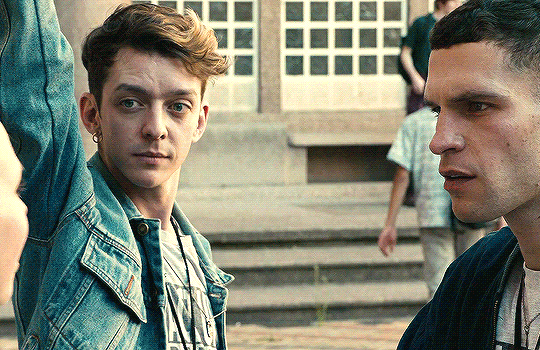


120 battements par minute (2017) dir. Robin Campillo
#robin campillo#120 bpm#120 battements par minute#filmedit#mine#arnaud valois#nahuel pérez biscayart#lgbtq#happy pride month#偷图死全家
216 notes
·
View notes
Text

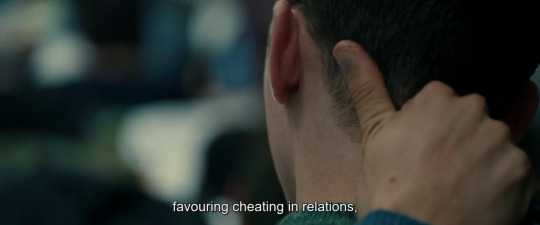

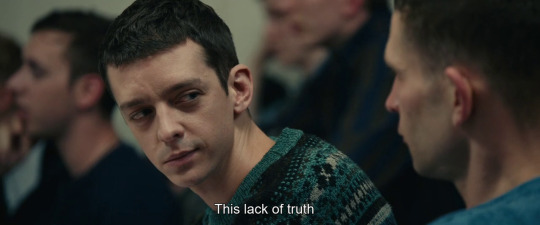





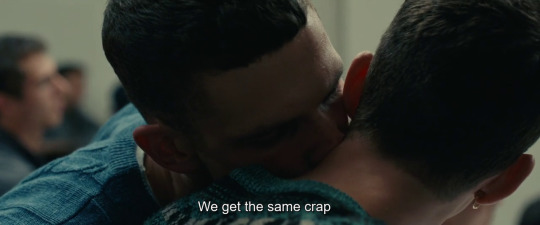
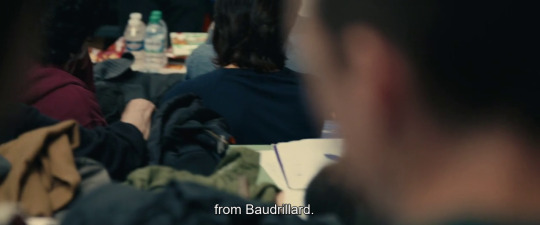
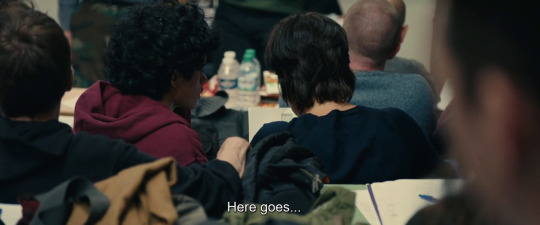
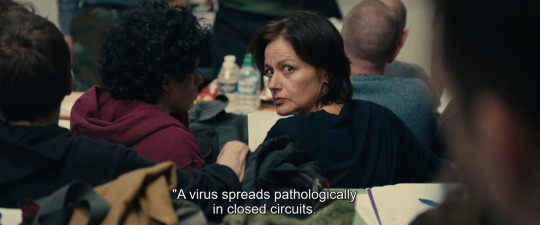
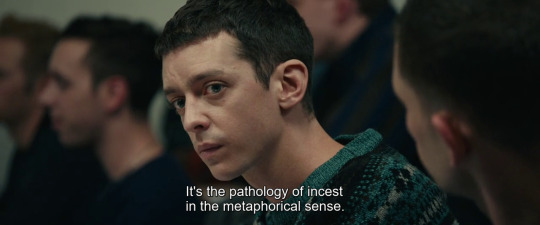
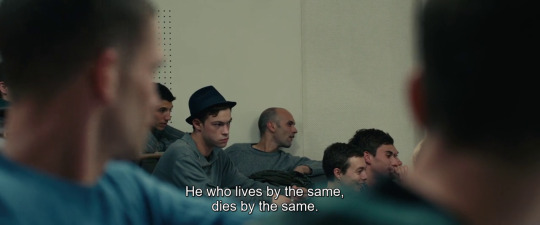
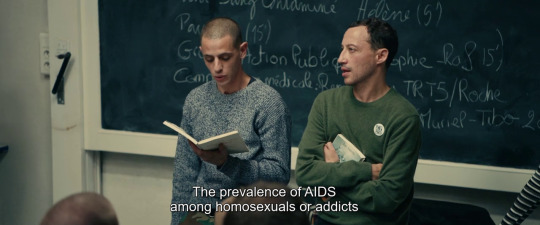

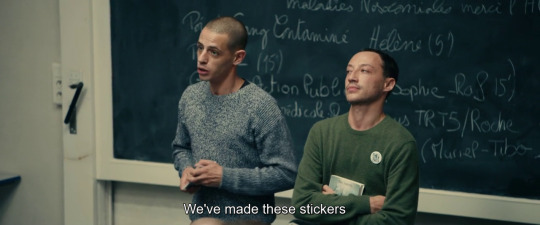
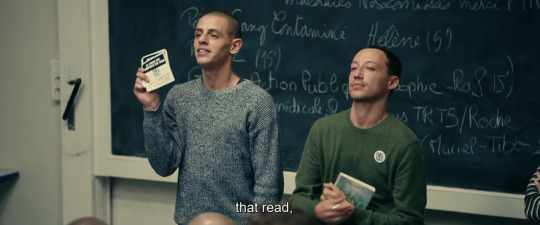
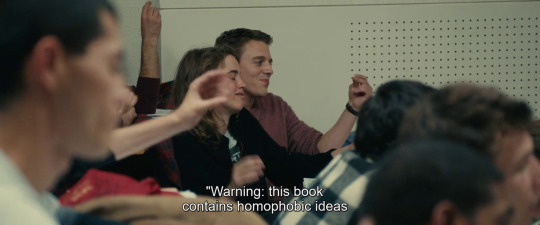
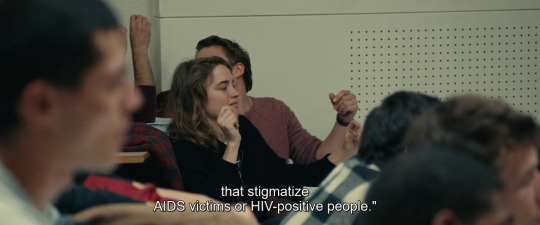




#Beats per Minute#120 bpm#bpm#Robin Campillo#Nahuel Pérez Biscayart#Arnaud Valois#cinema#sine's edits
25 notes
·
View notes
Text
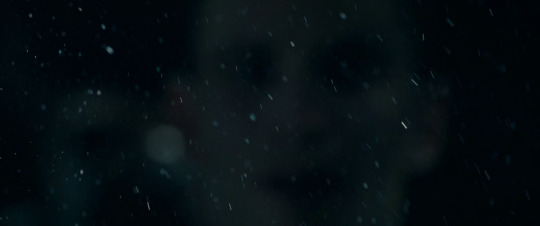
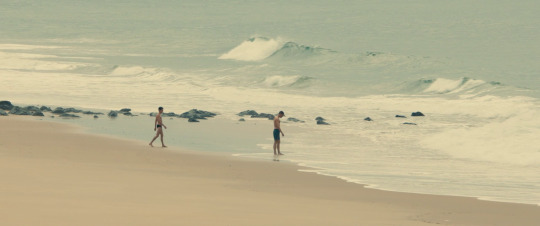
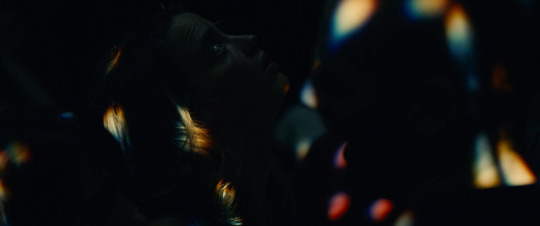
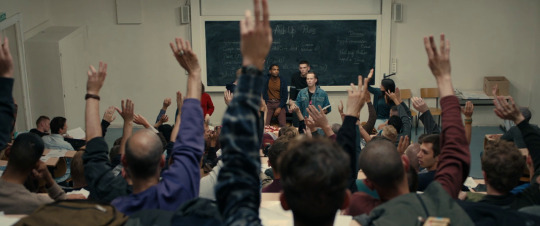


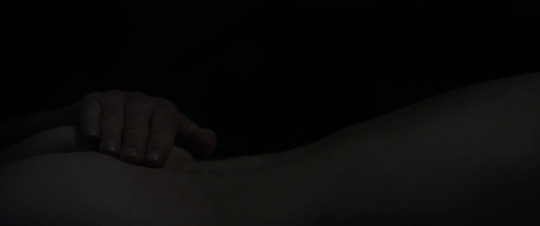
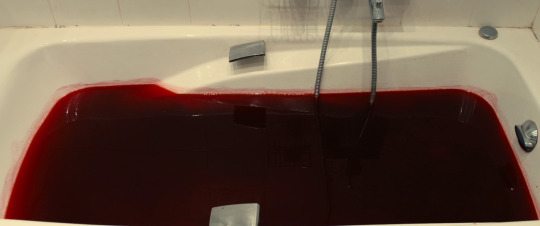


"I'm not sick enough?"
120 battements par minute (Beats Per Minute), 2017.
Dir. Robin Campillo | Writ. Robin Campillo & Philippe Mangeot | DOP Jeanne Lapoirie
#120 battements par minute#bpm#120 bmp#french film#drama#period drama#queer film#adele haenel#robin campillo#ACT UP paris#blood cw#10 frames#2010s
12 notes
·
View notes
Text


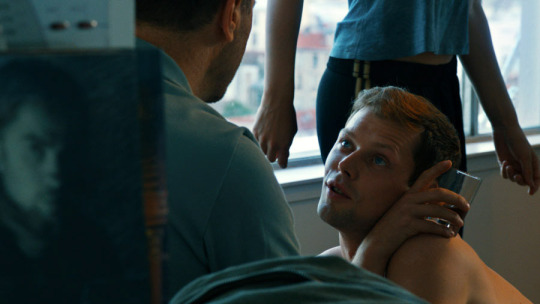
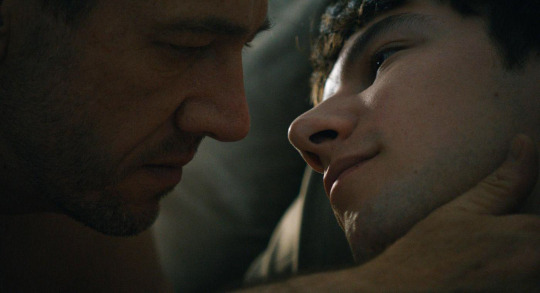


e a s t e r n b o y s, 2013 🎬 dir. robin campillo
#gay cinema#gay movies#french cinema#Eastern Boys#eastern boys 2013#Robin Campillo#Olivier Rabourdin#Kirill Emelyanov#celebrating diversity
8 notes
·
View notes
Photo


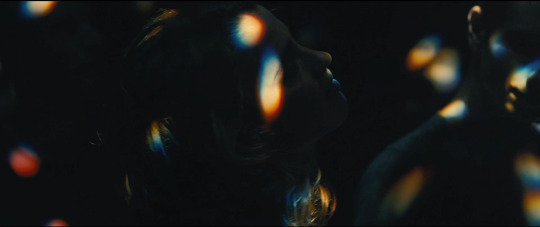



2017 120 battements par minute
#120 battements par minute#robin campillo#nahuel pérez biscayart#arnaud valois#adèle haenel#antoine reinartz
14 notes
·
View notes
Text
youtube
L'île rouge réalisé par Robin Campillo avec... 😍😍
2 notes
·
View notes
Text

120 battements par minute (2017)
Dir. Robin Campillo
1 note
·
View note
Text
imo the last couple of years of french cinema have been showing a great sign of improvement. I feel like the french film industry is finally renewing itself properly now, we're getting high quality movies on the regular that actually bother to :
center women (Celine Sciamma, Julia Ducourneau, Justine Triet, etc.),
center lgbt people (Sciamma again obviously, Robin Campillo, etc.)
be about regular - often non-parisian - folks (Thomas Cailley, Thomas Lilti, etc.),
or just be good fucking entertainment in general (Alexis Michalik, Xavier Giannoli)
and it's very nice to have that nowadays instead of what seemed like the only two fucking options in the late 2000's/early 2010's aka : parisian bourgeoisie comedies that are often very racist OR fucking New French Extremism. it's a nice change.
#the fucking Marion Cotillard and Guillaume Canet mafia has finally lost its fucking power thank the lord !!! 🙏#et on peut enfin respirer en dehors de Matthieu Amalric et Jacques Audiard quoi putain ça fait du bien#même s'ils ont fait des bons films hein mais merde quoi un peu de variété#cinema#bee tries to talk#upthebaguette#the bad comedies still exist but they feel more balanced by the good stuff
21 notes
·
View notes
Text

Laurent Cantet
French film director who won the Palme D’Or at the Cannes film festival with his improvisatory education drama The Class
The social-realist boom in 1990s French cinema produced compelling new voices such as Jacques Audiard, Bruno Dumont and Érick Zonca. The most humane and rigorous of that group was Laurent Cantet, who has died aged 63 after suffering from cancer.
Cantet, who often worked in an improvisatory mode with non-professional actors, won the Cannes film festival’s top prize, the Palme d’Or, for his education drama The Class (Entre les Murs, 2008). Sean Penn, president of that year’s Cannes jury, called the film “a miracle, a perfect movie, just so exciting to see. We walked into the jury room afterward and it was like we had swept up the floor and our work was done.”
A kind of Parisian Prime of Miss Jean Brodie, it was arrived at by cross-pollinating drama and documentary to create what Cantet called “documented fiction”. François Bégaudeau, author of the autobiographical novel Entre les Murs (Between the Walls, 2006), on which the film is based, plays a version of himself: an enthusiastic inner-city teacher who inspires his adolescent pupils but also crosses swords with them.
In one scene, François is taken to task over his use of anglicised names in his mathematical exercises: Bill has 12 apples, Bob has three, but what about, say, Rachid or Aïssata? This playful scene plants the seed for one of the film’s main themes – the use of language to gain leverage, and to reshape the world.
The movie’s sharp-eyed visual style lends these semantic wrangles a strong cinematic dimension. Shooting on location with three high-definition cameras, Cantet achieved an omniscient documentary effect. “This gave us a lot of freedom, allowing us to improvise, to capture the energy of the pupils rather than interrupt them when we wanted a different angle,” he explained. The students and staff in the film, who were all drawn from Françoise Dolto junior high in the 20th arrondisement of Paris, generated many of the scenes in collaboration with Bégaudeau and Cantet.
The movie’s overall tone is one of bruised idealism. “It shows the richness of multiculturalism rather than its weaknesses,” said Cantet. “The film is utopian about the possibilities this kind of setting offers, but pessimistic about the school system in general.”
The Class received an Oscar nomination and became Cantet’s most successful film. But the three features that preceded it were more impressive, withholding even the smallest spoonful of sugar to help their messages go down.
He made his debut in 1999 with Human Resources (Ressources Humaines), in which a business-school graduate starts a management job at the factory where his father is a welder. The newcomer clashes with the union at first, then has a change of heart when he learns of planned redundancies.
That film, which the critic Ginette Vincendeau called “generous, sensitive and innovative”, addresses with Loachian fastidiousness the challenge of reconciling principles and productivity. Both Human Resources and Cantet’s 2001 follow-up, Time Out (L’emploi du Temps), explore how work defines us even in our most interior moments.
Time Out concerns the middle-aged, middle-class Vincent (Aurélien Recoing), who conceals his unemployment from his wife and children, and instead lets his days drip by in service stations and motel lobbies. To retain his role as breadwinner, he cheats cash out of gullible investors he meets on the road.
The film was inspired by the case of Jean-Claude Romand, who lied about his non-existent job, and finally slaughtered his family. Cantet and his regular co-writer and editor Robin Campillo (who later became a director in his own right) stopped short of such horror. “We wanted him to have a disconcerting banality,” Cantet said. “He’s just someone who slips and trips down a certain pathway.”
Some audiences found a note of hope in the final scene, in which Vincent attends a job interview. Cantet was quick to scotch that reading. “The notion of work is so full of wealth and worthiness that the prospect of Vincent finding employment again is obviously a winner,” he said. “But not having a job can be of a certain wealth, too. For people like him, work can only be slavery, so to see the last scene as a happy ending is a denial.”
Heading South (Vers le Sud, 2005) applied Cantet’s usual scrutiny to a different milieu, albeit one still steeped in exploitation and commodification. Charlotte Rampling and Karen Young play sex tourists at a Haitian beach resort in the late 1970s who find themselves competing for the same 18-year-old gigolo (Ménothy Cesar). Neither woman is interested in the young man’s plight under the corrupt regime of President “Baby Doc” Duvalier, though eventually the country’s political strife eclipses their feud. The film has a starkly Fassbinderesque view of the intersection between sex, money and power.
Cantet was born in Melle, a town in western France, and raised in nearby Niort. His parents were both teachers. He attended university in Marseilles, then studied at the Paris film school IDHEC (L’Institut des Hautes Études Cinématographiques), where he met Campillo. Their first full-length collaboration, Les Sanguinaires (1997), was made for French television as part of a project looking ahead to the new millennium. (Human Resources was also made for TV, but earned an international cinema release.) Asked about the 13-year gap between graduating and directing Les Sanguinaires, he said: “I spent a long time trying to discover what I wanted to say in a film.”
Reactions to the movies he made after The Class were mixed. An adaptation of Joyce Carol Oates’s 1950-set novel Foxfire: Confessions of a Girl Gang (2012) met with muted acclaim. Return to Ithaca (2014), about a reunion of five friends in Havana, made few waves. It was Cantet’s second project in the city: he was one of seven directors who contributed to the portmanteau project 7 Days in Havana (2012). It was part-funded by Havana Club rum, which features prominently on screen.
His 2017 drama The Workshop (L’Atelier), about the relationship between a female teacher at a summer writing school and a male teenage student radicalised by the far right, revived the simmering tensions of Heading South, and represented a real return to form, though in fact the film had been gestating for more than 15 years. Cantet’s final picture, Arthur Rambo (2021), was inspired by the real-life case of Mehdi Meklat, and follows a young writer from the banlieues whose career is wrecked by offensive social media posts that predate his fame. He was working on a new film, The Apprentice, at the time of his death.
“My characters are never heroes,” Cantet said in 2008. “They always have weaknesses. That’s what motivates me to write them. They are people looking for their place in society: a place which is much harder to find when you don’t march in step with the rest of society. It’s something I can recognise in myself: keeping the world at arm’s length. Perhaps making films is a way of making up that distance.”
🔔 Laurent Cantet, film director, born 11 April 1961; died 25 April 2024
Daily inspiration. Discover more photos at Just for Books…?
6 notes
·
View notes
Note
hello! i’m wanting to get into more french movies and i believe you have good taste! do you have any recommendations? have a good day!
omg anon i love the question, but where to begin !!! I don’t know how to make short answers so sorry about that…
I'm going to try not to list the most obvious films but not too niche either so you can find them somwhere. And i started watching french films quite late in my life so you won't see many films made before 2015 aha.
Just in case, you can check my letterboxd profile, I watch a lot of french films now so you might find some stuff there too :)
Also, i'm not sure since when you've known me but the film i would recommend the most is obvisouly Portrait of a Lady on Fire by Céline Sciamma (but you probably watched it already if you're following me haha).
Next obvious film since I've been posting a lot about it recently : Anatomy of a Fall by Justine Triet.
And now, here's a list (in no order) of a few films i really loved/ enjoyed. I tried to put them under different themes to make it clearer but obviously some films mix genres.
Comedy/ Romance :
Anais in Love by Charline Bourgeois-Tacquet (2021)
The Bare Necessity by Erwan Le Duc (2019)
My Donkey, My Lover and I by Caroline Vignal (2020)
Yannick by Quentin Dupieux (2023)
The Spanish Appartment by Cédric Klapisch (2002)
(Social) Thriller/ Drama :
Bloody Milk by Hubert Charuel (2017)
Custody by Xavier Legrand (2017)
BPM by Robin Campillo (2017)
The Class by Laurent Cantet (2008)
By the Grace of God by François Ozon (2018)
Happening by Audrey Diwan (2021)
The Night of the 12th by Dominik Moll (2022)
Saint Omer by Alice Diop (2022)
Atlantics by Mati Diop (2019)
Hippocrates by Thomas Lilti (2014)
Amour by Michael Haneke 2012
Onoda, 10 000 Nights in the Jungle by Arthur Harari (2021)
Other People's Children by Rebecca Zlotowski (2022)
Fantasy/ Horror :
Raw by Julie Ducournau (2016)
Infested by Sebastien Vanick (2023)
The Swarm by Just Philippot (2020)
The Animal Kingdom by Thomas Cailley (2023)
Documentary :
Little Girl by Sébastien Lifshitz (2020)
Classics :
Cléo from 5 to 7 by Agnès Varda (1962)
The 400 Blows by François Truffaut (1959)
My Night At Maud's by Eric Rohmer (1969)
I tried to only put one film by director otherwise the list would be endless.
So here you go, have fun now !! And please let me know if you watch some of them :)
#I definitely forgot tons of great french films so if anyone wanna complete it and recommend more of them feel free to do so !#films#french films#list#masterlist#vive le cinéma#anon#ask
9 notes
·
View notes
Text
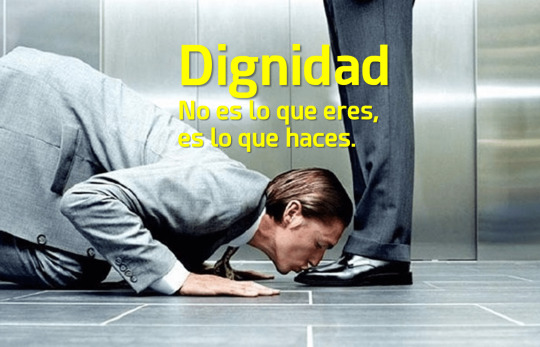
El tercer miércoles de octubre se celebra el Día Mundial de la Dignidad, para motivar e inspirar a las personas acerca del derecho que todos tenemos de vivir una vida digna, así como ser más compasivos con los demás.
Se trata de dar comprensión, compasión y amor, y que todas las personas puedan tener las mismas oportunidades.
Asimismo, la intención de esta fecha es ayudar a los niños y jóvenes a reflexionar, comprender su autoestima y los valores de la bondad, comprensión, compasión y tolerancia. Con ello podrán desarrollar su potencial y talento, a respetarse a sí mismos y la libertad y los derechos de los demás.
¿Cómo se originó el Día Mundial de la Dignidad?
La idea de creación de este día mundial se originó en el año 2005, por iniciativa de un empresario estadounidense un profesor finlandés y un príncipe noruego.Sostenían que la dignidad humana era el centro del cambio social positivo, siendo necesario estimular a los niños a comprender el significado de la dignidad.
El 20 de octubre de 2008 se llevó a cabo la celebración oficial de este día mundial. Una de las actividades centrales consistió en invitar a las clases escolares a debatir sobre el significado de la dignidad y sus relaciones con otras personas.
¿Qué es la dignidad?
La dignidad se define como el respeto y la estima que merecen todos los seres humanos, sin importar su origen étnico, sexo o condición social.
Está relacionada con la manera de comportarse de las personas de manera correcta, bajo los valores morales y preceptos jurídicos establecidos por la sociedad.
La dignidad es una cualidad humana vinculada a la racionalidad, dado que los seres humanos están capacitados para cambiar su vida a partir del libre albedrío y de la libertad individual.
Principios del Día Mundial de la Dignidad
Los principios fundamentales del Día Mundial de la Dignidad son los siguientes:
El derecho de todo ser humano a vivir una vida digna.
La dignidad como factor rector de cada acción.
Nuestra dignidad es interdependiente con la dignidad de los demás.
La libertad de tomar decisiones sobre la propia vida.
Acceso a atención médica, educación, ingresos y seguridad para ayudar a alcanzar su máximo potencial.
Filmografía sobre el tema
A continuación mencionamos algunos títulos de películas que abordan situaciones emotivas y aleccionadoras sobre la dignidad de las personas:
120 Latidos por Minuto (Francia. Director: Robin Campillo. Año 2017): En París, al comienzo de la década de 1990, un grupo de jóvenes activistas Act Up se esfuerza por desenmascarar a las empresas farmacéuticas con la implicación del gobierno, en la lucha contra el sida.
Dallas Buyer’s Club (EEUU. Director: Jean-Marc Vallée. Año 2013): película basada en la historia real de Ron Woodroof, un toxicómano y homófobo que fue diagnosticado como seropositivo. Creó un Club en el que sus miembros pagan por tener acceso a medicamentos alternativos.
Los Mejores Hombres (EEUU. Director: Tim Whitby. Año 2012): un médico alemán de origen judío que es perseguido por los nazis llega al Reino Unido y se instala en el Hospital Stoke Mandeville, comenzando a transformar la vida de sus pacientes.
El Canto de los Gorriones (Irán. Director: Majid Majidi. Año 2008): un hombre trabaja en una granja de avestruces en las afueras de Teherán. Luego de ser despedido de su trabajo viaja a la ciudad y trabaja transportando a bultos y personas. Su nuevo oficio lo transformará por completo.
El Último Samurai (EEUU. Director: Edward Zwick. Año 2004): un hombre vive atormentado por los recuerdos de la guerra civil ocurrida durante el periodo 1861-1865, aunado a los cambios que han acontecido en el mundo y la decadencia de los valores.
Mar Adentro (España. Director: Alejandro Amenábar. Año 2004): un hombre lleva 30 años postrado en una cama por un accidente ocurrido durante su juventud. Tiene un único deseo: morir dignamente. Esto replanteará los principios que rigen las vidas de las personas que lo rodean.
The Hours (EEUU. Director: Stephen Daldry. Año 2002): trata sobre los dramas existenciales de tres mujeres de distintas épocas, que tratan de encontrarle un sentido a sus vidas.
Philadelphia (EEUU. Director: Jonathan Demme. Año 1993): un abogado diagnosticado con VIH-Sida es despedido por su condición. Decide contratar a un abogado homofóbico para que lo represente en la demanda judicial.
¿Cómo podemos celebrar el Día Mundial de la Dignidad?
La celebración de este día mundial se centra en las aulas, ya que esta efeméride está dirigida a los niños en edad escolar, para afianzar en ellos el concepto de dignidad.
Se llevan a cabo conferencias y debates abiertos acerca de la dignidad. Se invita a las personas, especialmente niños y jóvenes, a escribir una carta sobre sus aspiraciones, objetivos y metas de vida, para leerlas en el próximo Día Mundial de la Dignidad. Esto es con la finalidad de medir los logros y las metas cumplidas en el lapso de un año.
Es una ocasión para compartir y acercarse a las demás personas, hoy y todos los días.
Comparte información útil e interesante en las redes sociales acerca del Día Mundial de la Dignidad, utilizando el hashtag #GlobalDignityDay.
7 notes
·
View notes
Note
Top 5 foreign films!
Chungking Express dir. by Wong Kar-Wai
Nausicaä of the Valley of the Wing dir. by Hayao Miyazaki (hard to choose one Miyazaki movie)
Tampopo dir. by Juzo Itami
Pan’s Labyrinth dir. by Guillermo del Toro (with the caveat that I haven’t seen it in years, but I used to list it among my favorite movies)
BPM by Robin Campillo
I have a whole list of movies I want to watch, but I’m bad at making time for and committing the energy to them.
Ask me my top 5 anything.
6 notes
·
View notes
Text



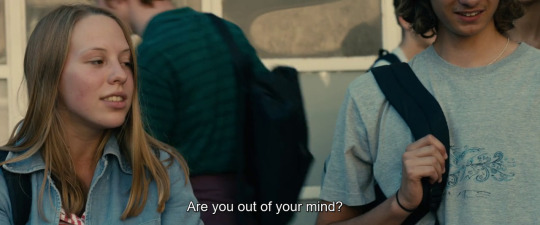

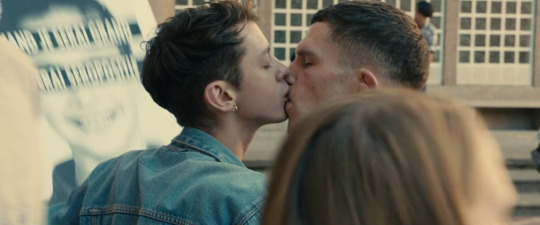
#Robin Campillo#Beats per Minute#120 battements par minute#Nahuel Pérez Biscayart#cinema#//#sine's edits
36 notes
·
View notes
Text
Exclusive Interview: Good Grief star Arnaud Valois "telling very different stories about LGBTQ+ people is so important to me"
French actor Arnaud Valois garnered international attention and acclaim for his lead turn in writer-director Robin Campillo’s 2017 ACT UP drama 120 BPM (120 battements par minute), set in early 90s Paris during the height of the HIV/AIDS crisis, and was recognized at home with a prestigious César Award nomination for Most Promising Actor. His latest role sees him appear opposite Schitt’s Creek…

View On WordPress
#120 battements par minute#120 bpm#arnaud valois and dan levy good grief#arnaud valois good grief interview#arnaud valois interview#Dan Levy#dan levy good grief#Daniel Levy#daniel levy good grief#french actor good grief#gay#gay character#gay film#gay movie#gay netlix#good grief dan levy#good grief daniel levy#good grief netflix#good grief the queer review#James Kleinmann#lgbt#lgbtq#lgbtq film#LGBTQ movie#LGBTQ Netflix#LGBTQIA+#Netflix#netflix good grief#queer#Schitt&039;s Creek
3 notes
·
View notes
Text
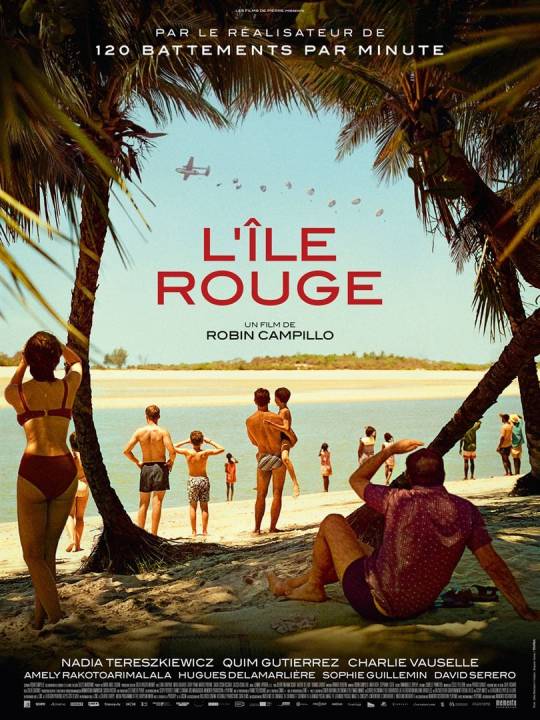
L'ILE ROUGE - Attendu au tournant après son palmérisé et Césarisé 120 battements par minutes, Robin Campillo a décidé de nous faire partager ses souvenirs d'enfance.
Début des années 70, sur une base de l’armée française à Madagascar, les militaires et leurs familles vivent les dernières illusions du colonialisme.
Le réalisateur a choisi de proposer son récit à hauteur d'enfant, procédé louable s'il n'en venait à plomber le film au bout d'un moment.
Et pourtant la photographie est réussie comme pour ses films précédents et on retrouve sa touche intimiste et impressionniste.
Mais l'ensemble manque de profondeur pour atteindre sa cible qui ne se dévoilera que dans les 15 dernières minutes du film qui (enfin !!!) montre la population du pays, ses aspirations, son envie de se libérer de la présence un peu trop visible de ces français qui ont pourtant accordé l'indépendance au pays quelques années auparavant.
Las, le charme est rompu et on a l'impression que cette partie a été casée à la va vite, car il fallait bien un pendant "adulte" à cette pérégrination enfantine au pays des derniers colons…
NOTE 13/20 - Pendant une heure trente, porté par des acteurs extraordinaires (Nadia Tereszkiewicz stupéfiante et Quim Gutierrez), le film trouve une grâce et une note émotionnelle aussi fragile qu’entêtante.
Mais, en dépit de l’intérêt qu’éveillent ses aspirations atmosphériques et ses timides détours vers l’abstraction, le film nous apparait finalement de de bout en bout, comme un montage d’intentions.
2 notes
·
View notes